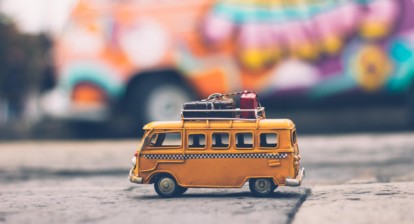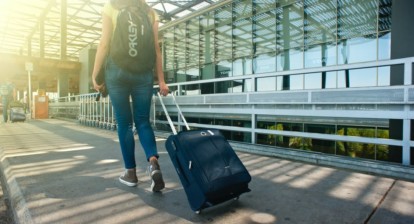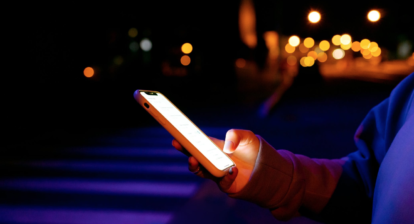Getting your period can be stressful and uncomfortable at the best of times, but especially when travelling or in an unfamiliar place. In many places sanitary products are widely available, and there are now more and more initiatives to provide free sanitary products in universities, schools and public places. However, it is important to be aware that this isn’t always the case when travelling to some parts of the world, especially in more remote and rural communities. It is also important to be mindful of different cultural attitudes towards menstruation. Whilst throughout history taboos about periods have been perpetuated worldwide, in some communities this can impact a woman’s day to day life in a very meaningful way. Even if you’re travelling through places with these customs and beliefs surrounding menstruation, they too can affect you.
Cultural practices
When travelling and working in Nepal, I experienced the practice of Chhaupadi in many of the rural communities I stayed during my two months in the country. Practiced mainly in western Nepal and parts of India, Chhaupadi teaches that women bring bad luck to their families and community when on their period. As such, women are not allowed to cook or use certain utensils, and in some stricter communities they must sleep outside in a separate hut from the rest of the household. As a guest, I didn’t have to sleep in a separate hut like the local women and girls I was living with, but I wasn’t allowed into the kitchen or eating area during my period, nor was I allowed to help with the housework or gardening. Furthermore, it’s important to be aware if saying in a homestay that disposing of sanitary products can prove difficult, and in my case, doing so alerted my host families to the fact that I was menstruating. Buying sanitary products was incredibly difficult unless I was in one of the larger cities, like Kathmandu, and when living in the smaller villages we would have to specially request sanitary products if one of the locals was going to a larger town. They often returned empty handed.
Different options
This situation is not uncommon around the world. Having spoken to friends and family who have travelled to more remote areas, the predominant issue seems to be disposing of the waste created by most sanitary products. I would therefore highly recommend a menstrual cup. Whilst it has the obvious benefit of being re-usable, a menstrual cup is also proven to be less prone to leaking than tampons or pads, and can be used for up to 10 hours. They can be sanitized with boiling water, which is usually very easy to come by even when staying in more basic facilities and failing that many companies make biodegradable wipes to disinfect your cup. I found using a menstrual cup allowed me more privacy when it came to my period, as well as being more practical when I was constantly on the move. Furthermore, if you’re packing for a longer trip knowing that sanitary products won’t be easy to come by, they can take up a huge amount of storage space. By the end of my travels most of my friends, myself included, had invested in menstrual cups.
Ultimately, it’s important to always research the country or area that you’re travelling to and make sure you know how readily available sanitary products will be, as well as whether being on your period will affect your day-to-day life more than normal. Not all countries have specific rules and customs when it comes to menstruation, but it’s worth being prepared if they do. And if I had any advice – buy a menstrual cup!





